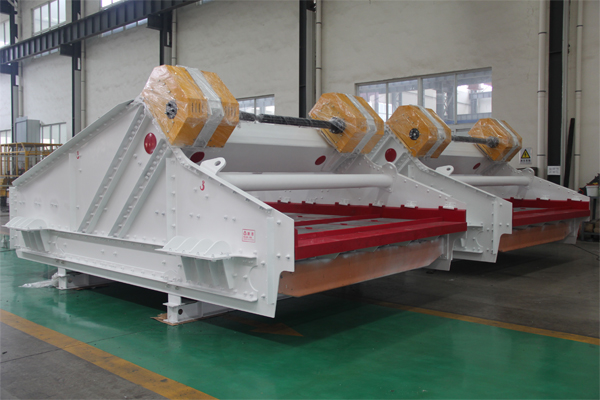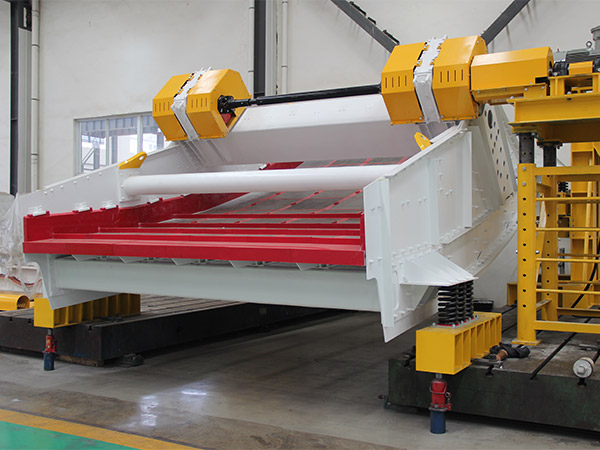What are the components of a vibrating screen?
Vibrating screens are widely used in various industries for separating and screening different materials. They consist of a screen body, vibration mechanism, drive motor, and various components designed to facilitate the screening process.
The key parts of a vibrating screen

1. Screen Body
The screen body is the main structure of the vibrating screen. It is typically made of welded or bolted steel parts and serves as a supporting base for the screen mesh.
2. Screen Mesh
The screen mesh is the actual screen surface where the material is separated. It can be made of various materials such as metal, woven wire, polyurethane, rubber, or perforated plates. The choice of material and the configuration of the mesh depend on the specific application and the type of material being screened.
3. Vibration Mechanism
The vibration mechanism is responsible for generating the vibratory motion of the screen. It usually consists of eccentric shafts, counterweights, and other mechanical parts. The vibration motion agitates the material, allowing smaller particles to fall through the openings in the screen mesh.
4. Drive Motor
The drive motor provides the power to operate the vibrating screen. It is connected to the vibration mechanism and generates the necessary force to create the vibratory motion.

5. Springs and Suspensions
Springs or other suspension systems are used to support and isolate the vibrating screen from the surrounding structure. Proper suspension is essential to ensure smooth and efficient operation, as it absorbs excessive vibrations and allows the screen to move freely.
6. Supporting Structure
The supporting structure includes beams, columns, and other components that provide stability and support for the vibrating screen. It ensures that the screen operates smoothly without excessive vibration or wobbling.
…
For more detailed information about the components of the vibrating screen, please click here: https://www.hsd-industry.com/news/vibrating-screen-composition/


